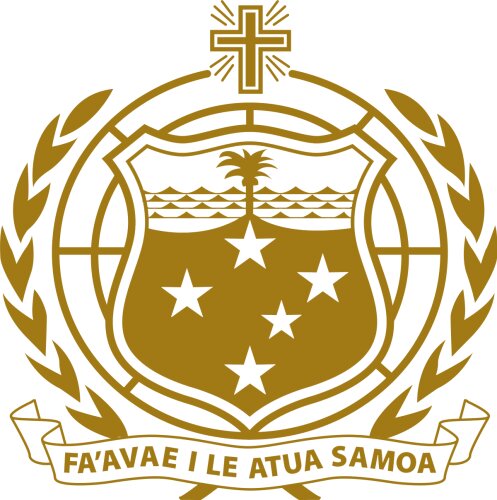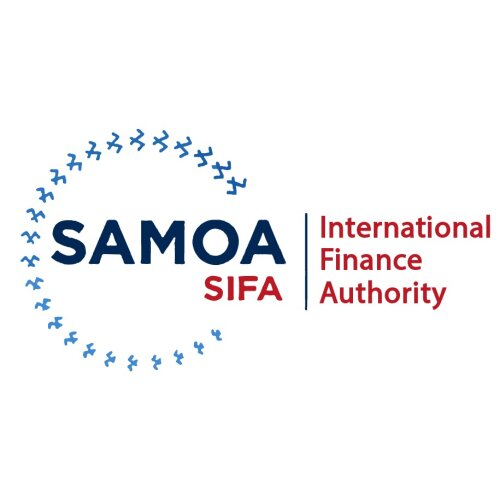Best Project Finance Lawyers in Apia
Share your needs with us, get contacted by law firms.
Free. Takes 2 min.
List of the best lawyers in Apia, Samoa
About Project Finance Law in Apia, Samoa
Project finance is a specialized area of law and finance that enables the development of large-scale infrastructure and development projects, such as renewable energy plants, roads, telecommunications networks, and ports. In Apia, Samoa, project finance typically involves raising funds for private or public sector projects through a combination of equity, debt, and sometimes government incentives.
The process often requires a complex network of contracts between various participants, including developers, lenders, contractors, suppliers, and government bodies. Legal frameworks in Samoa govern how these parties work together, allocate risks, and ensure compliance with regulatory requirements.
Why You May Need a Lawyer
Navigating project finance in Apia, Samoa, can be challenging due to the multifaceted legal, financial, and regulatory considerations. Here are some common situations where legal assistance may be necessary:
- Structuring complex financial transactions involving multiple parties.
- Negotiating and drafting project contracts, loan agreements, and security documents.
- Ensuring compliance with national and local regulations, including foreign investment rules.
- Securing government approvals, permits, or licenses.
- Resolving disputes among project participants.
- Managing land acquisitions or leases related to the project site.
- Handling environmental compliance and assessments.
- Advising on risk allocation and mitigation strategies.
A lawyer with experience in project finance law can protect your interests, guide you through local requirements, and help minimize risks in your investment or development venture.
Local Laws Overview
Project finance in Apia, Samoa, is subject to several key areas of law, including company law, contract law, property law, and environmental regulations. The most relevant legal instruments and factors include:
- The Companies Act 2001 governs the formation and operation of business entities in Samoa.
- The Land Titles Registration Act 2008 regulates registration and transfer of land interests.
- Environmental Impact Assessment (EIA) requirements apply to many infrastructure projects as per the Planning and Urban Management Act 2004.
- Foreign Investment Act 2000 provides specific guidelines for foreign companies or individuals looking to participate in local projects.
- The Central Bank of Samoa regulates foreign exchange controls and significant offshore financial dealings.
- Concessions or government incentives may be available for development projects, but qualifying criteria and approval processes must be navigated carefully.
- Banking and financial regulations, such as loan security interests, are integral in structuring project finance arrangements.
Understanding these laws is crucial for successful project finance ventures in the region.
Frequently Asked Questions
What is project finance and how does it differ from traditional loans?
Project finance involves funding a project based on the projected cash flows of the project rather than the balance sheets of the project sponsors. It is typically non-recourse or limited recourse, meaning lenders have claims only on the project's assets and revenue if default occurs.
Can foreign investors participate in project finance in Samoa?
Yes, foreign investors can participate, subject to approval by the Ministry of Commerce, Industry and Labour under the Foreign Investment Act 2000. Some sectors are restricted or require special permits.
What kinds of projects commonly use project finance in Apia?
Infrastructure ventures such as energy plants, port developments, water supply projects, telecommunications, and hotels are common candidates for project finance structures.
What permits or licenses are required for project finance deals?
The necessary permits vary depending on the project type, but may include development consents, environmental permits, business licenses, and various approvals from government agencies.
How does the law protect lenders in project finance situations?
Lenders can take security interests over the project's assets, contracts, and receivables. Enforcement rights are typically specified in loan and security agreements, subject to Samoan insolvency laws.
Are government incentives available for project finance in Samoa?
Yes, the Samoan government may offer incentives such as tax concessions or duty exemptions for eligible projects, especially those that advance national priorities. Each program has specific application processes.
What are the key legal documents in a project finance transaction?
These may include the loan agreement, security documentation, project agreements (such as construction and supply contracts), shareholder agreements, and government concessions or licenses.
What legal risks should be considered when undertaking project finance in Samoa?
Risks include regulatory compliance, land acquisition issues, currency exchange restrictions, environmental liabilities, force majeure events, and political risks. Lawyers play a crucial role in identifying and mitigating these risks.
How long does it take to complete the legal aspects of project finance?
The timeline varies based on the project's size and complexity, but legal due diligence, contract negotiations, and regulatory approvals can take several months from inception to financial close.
How can a lawyer help resolve disputes in project finance projects?
Lawyers can assist with dispute resolution through negotiation, mediation, arbitration, or litigation. They ensure that any resolutions are enforceable and protect their clients' interests according to Samoan law and contract terms.
Additional Resources
For further information and assistance related to project finance in Apia, Samoa, consider reaching out to the following local bodies and organizations:
- Ministry of Commerce, Industry and Labour: Responsible for business regulation, permits, and foreign investment approvals.
- Central Bank of Samoa: Regulates financial transactions, currency exchange, and banking matters for project finance.
- Samoa Law Reform Commission: Publishes updates on local legal changes and reform initiatives.
- Planning and Urban Management Agency: Oversees development consents and environmental impact assessments.
- Chamber of Commerce and Industry Samoa: Provides support and advocacy services for the business community and investors.
Next Steps
If you are considering a project finance venture in Apia, Samoa, or require legal advice relating to an ongoing project, here is how you can proceed:
- Identify and contact a local lawyer or legal firm with expertise in project finance and Samoan law.
- Gather and organize all relevant project documentation, including business plans, contracts, and any correspondence with authorities.
- Schedule an initial consultation to discuss your goals, challenges, and legal requirements.
- Work with your legal advisor to assess regulatory compliance, identify potential risks, and develop a tailored strategy for your project.
- Ensure regular communication with your lawyer throughout the project lifecycle to address new legal issues as they arise.
Seeking timely and informed legal advice is essential for ensuring that your project finance venture in Apia, Samoa, is structured and implemented successfully, in compliance with all local requirements.
Lawzana helps you find the best lawyers and law firms in Apia through a curated and pre-screened list of qualified legal professionals. Our platform offers rankings and detailed profiles of attorneys and law firms, allowing you to compare based on practice areas, including Project Finance, experience, and client feedback.
Each profile includes a description of the firm's areas of practice, client reviews, team members and partners, year of establishment, spoken languages, office locations, contact information, social media presence, and any published articles or resources. Most firms on our platform speak English and are experienced in both local and international legal matters.
Get a quote from top-rated law firms in Apia, Samoa — quickly, securely, and without unnecessary hassle.
Disclaimer:
The information provided on this page is for general informational purposes only and does not constitute legal advice. While we strive to ensure the accuracy and relevance of the content, legal information may change over time, and interpretations of the law can vary. You should always consult with a qualified legal professional for advice specific to your situation.
We disclaim all liability for actions taken or not taken based on the content of this page. If you believe any information is incorrect or outdated, please contact us, and we will review and update it where appropriate.












